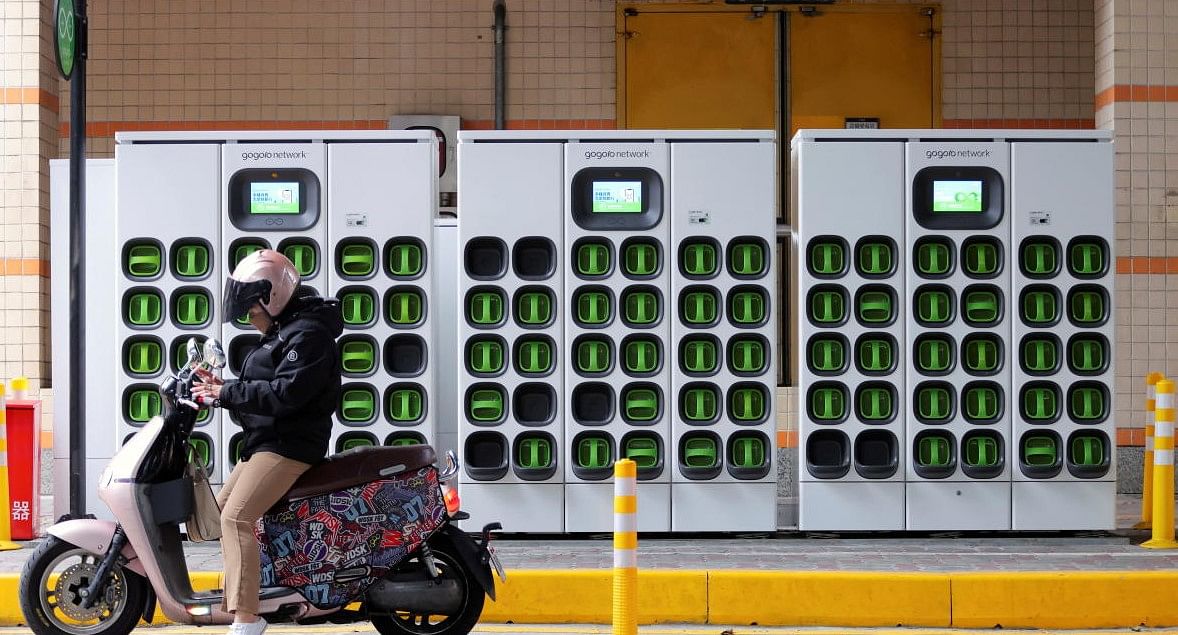
Government think tank Niti Aayog on Thursday came out with a draft battery swapping policy for electric vehicles and suggested incentives as well as a rigorous testing protocol for swappable batteries.
Amid concerns over safety issues after several incidents of electric vehicles catching fire, the Niti Aayog also suggested a rigorous testing protocol for swappable batteries.
The policy seeks a level playing field across business models involving the sale of EVs with fixed or swappable batteries. The general public can send their comments to the draft until June 5, said the draft policy.
The National Institution for Transforming India (Niti) Aayog proposed that standards approved or defined by the Bureau of Indian Standards (BIS) should be implemented for electric vehicle (EVs), battery safety requirements, Degrees of Protection (IP-code) of electrical equipment against foreign objects, technical specification of cables and connectors, and traction battery safety requirements.
“Batteries shall be tested and certified as per AIS 156 (2020) and AIS 038 Rev 2 (2020) standards for safety of traction battery packs, as well as additional tests that may be prescribed for swappable batteries which are subject to multiple coupling/ decoupling processes at the connectors”, the draft report said.
To ensure a high level of protection at the electrical interface, the Aayog proposed that a robust/rigorous testing protocol shall be adopted to avoid any dielectric breakdown, arc phenomenon, or any unwanted temperature rise at the electrical interface.
After several incidents of electric vehicles catching fire, the Union Road Transport Ministry has set up a team to probe and make recommendations to prevent such cases in future.
Battery swapping is an alternative which involves exchanging discharged batteries for charged ones. Battery swapping de-links the vehicle and fuel (battery in this case) and hence reduces the upfront cost of the vehicles
The draft policy noted that Electric Vehicle Supply Equipment (EVSE) used at the swapping station must be tested and approved by the National Accreditation Board for Testing and Calibration Laboratories (NABL) or agency appointed by the central nodal agency for battery swapping.
